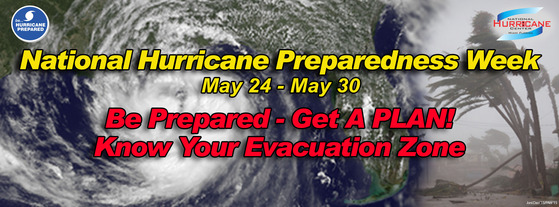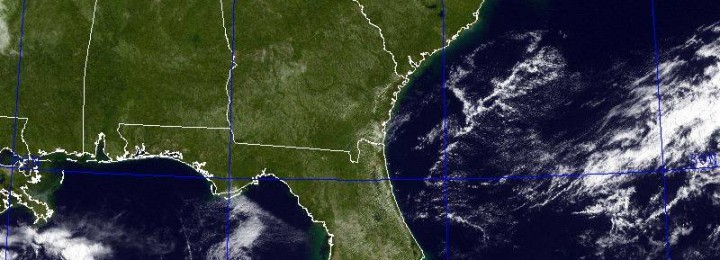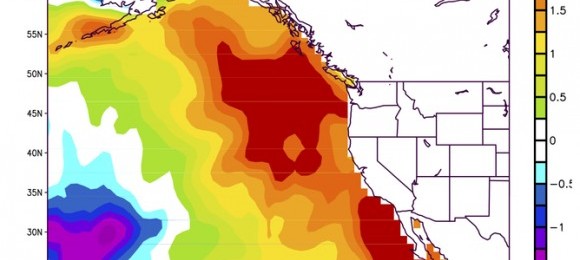-

In addition to the network of weather stations run and maintained by the National Weather Service, there are a number of other public and private weather networks that collect weather and climate information. These networks are called “mesonetworks” or “mesonets” because they cover a smaller region that then NWS network. They also use different instrumentation…
Posted in: Sources of weather and climate data -

The 7-day QPF predicts that most of the Southeast will get less than an inch of rain in the coming week. The exception is the western part of the region, including Alabama, northern Georgia and the western Carolinas, where well over an inch is possible. After a great start to the Memorial Day weekend, rain…
-

The official start to the Atlantic hurricane season is June 1. As we saw this year with Tropical Storm Ana, sometimes the storms come even before the official season begins. In preparation for June 1, the National Weather Service is holding Hurricane Preparedness Week May 24-30. You can read about it at https://www.nhc.noaa.gov/prepare/. The week will…
-

The satellite picture this morning showed the Southeast in all its glory, unmasked by clouds. This image, taken from the GOES-East geostationary satellite, is so crisp that you can see river valleys and even the “fall line” cutting through central Georgia, South Carolina and North Carolina. The clear conditions are courtesy of high pressure, which…
-

The Weather Underground blog today discusses what the summer climate is likely to be across the country for the next few months. Generally summer is the hardest time of year to predict, and this year is unusual because of the El Nino which is currently present in the eastern Pacific Ocean. El Nino is usually a winter…
-

EarthSky had an interesting article this week on how a ‘blob’ of unusually warm water in the Pacific has been changing weather patterns for the last year. This pocket of warm water is in the central Pacific and is separate from the warm water along the equator associated with the present El Nino, although the…
Posted in: Climate and Ag in the news -

In February I posted a story about a UGA project to track harmful algal blooms in Southeastern lakes (link). Now that we are entering the heart of the boating and outdoor recreation season, I think it is worth repeating. Scientists at UGA are collecting reports of toxic algae in lakes at https://www.cyanotracker.uga.edu. You can go to…